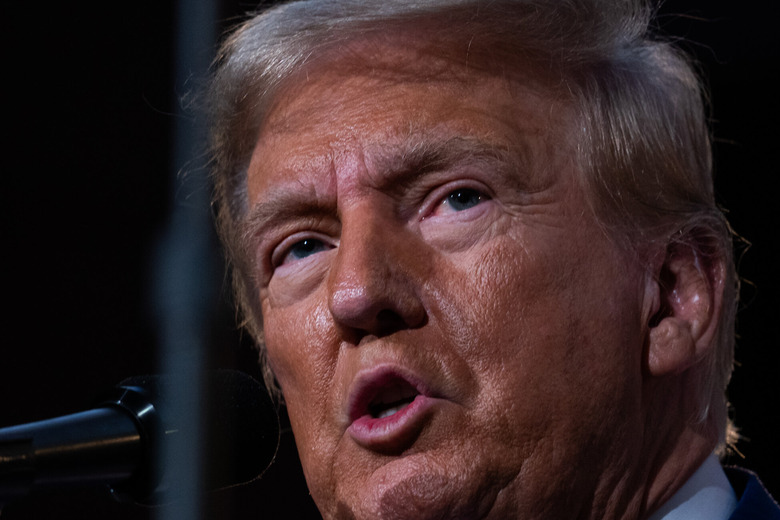Goodbye To The Gulf Of Mexico: Both Google And Apple Have Now Updated Their Maps Apps
(This post has been updated, below, to reflect that the name change is now live in both Google Maps and Apple Maps.)
Among the flurry of executive orders President Trump signed by way of kicking off his return to the presidency, one of the most controversial effectively changed the name of two major locations with the stroke of his pen: He's ordered the renaming of the Gulf of Mexico to the Gulf of America, and the Denali mountain in Alaska to Mount McKinley.
Google said on Monday when users can expect to see those changes reflected in Google Maps, following Trump's order that the names be updated on official maps and federal communications. The change is coming soon to US-based users of Google Maps, the search giant clarified, but Google Maps users in Mexico will continue to see "Gulf of Mexico" displayed (and, for users outside the US and Mexico, both names will be shown).
That name change, of course, comes amid rising tensions between both countries. As for "Mount McKinley," Trump's renaming there is in honor of the 25th US President, William McKinley, for whom tariffs were a cornerstone of his economic policy (tariffs likewise being an economic tool that Trump increasingly favors).
"We've received a few questions about naming within Google Maps," Google said about all this in an X post. "We have a longstanding practice of applying name changes when they have been updated in official government sources." Google has also spelled out exactly when it will make the Trump-ordered changes: When the Geographic Names Information System (GNIS) is updated, that's when users can expect to see the changes "quickly" in Google Maps.
"When official names vary between countries," Google continued in its X thread, "Maps users see their official local name. Everyone in the rest of the world sees both names. That applies here too."
Trump's executive order, which you can read here, declares in part: "The Gulf will continue to play a pivotal role in shaping America's future and the global economy, and in recognition of this flourishing economic resource and its critical importance to our Nation's economy and its people, I am directing that it officially be renamed the Gulf of America."
One additional point about Mount McKinley: That was actually the name until 2015, when the Obama administration changed it Denali as a gesture to the indigenous people of Alaska. "Google Maps bows to Trump," one user lamented on X.
[Update (2-10-25): This change in nomenclature is now live, and Gulf of America can be seen in the Google Maps app. While flying to the Super Bowl over the weekend, Trump also signed a proclamation declaring Feb. 9 as the first-ever Gulf of America day. "As my Administration restores American pride in the history of American greatness," the proclamation reads, "it is fitting and appropriate for our great Nation to come together and commemorate this momentous occasion and the renaming of the Gulf of America."]
[Update (2-11-25): Twenty-four hours later, Apple Maps has followed Google's lead and is now showing "Gulf of America" instead of Gulf of Mexico. Unlike Google, though, Apple hasn't spoken publicly about the change. In reporting the news about Apple's change, The Associated Press noted that it will continue to refer to the Gulf of Mexico by its original name, while also "acknowledging" the name Gulf of America.]
